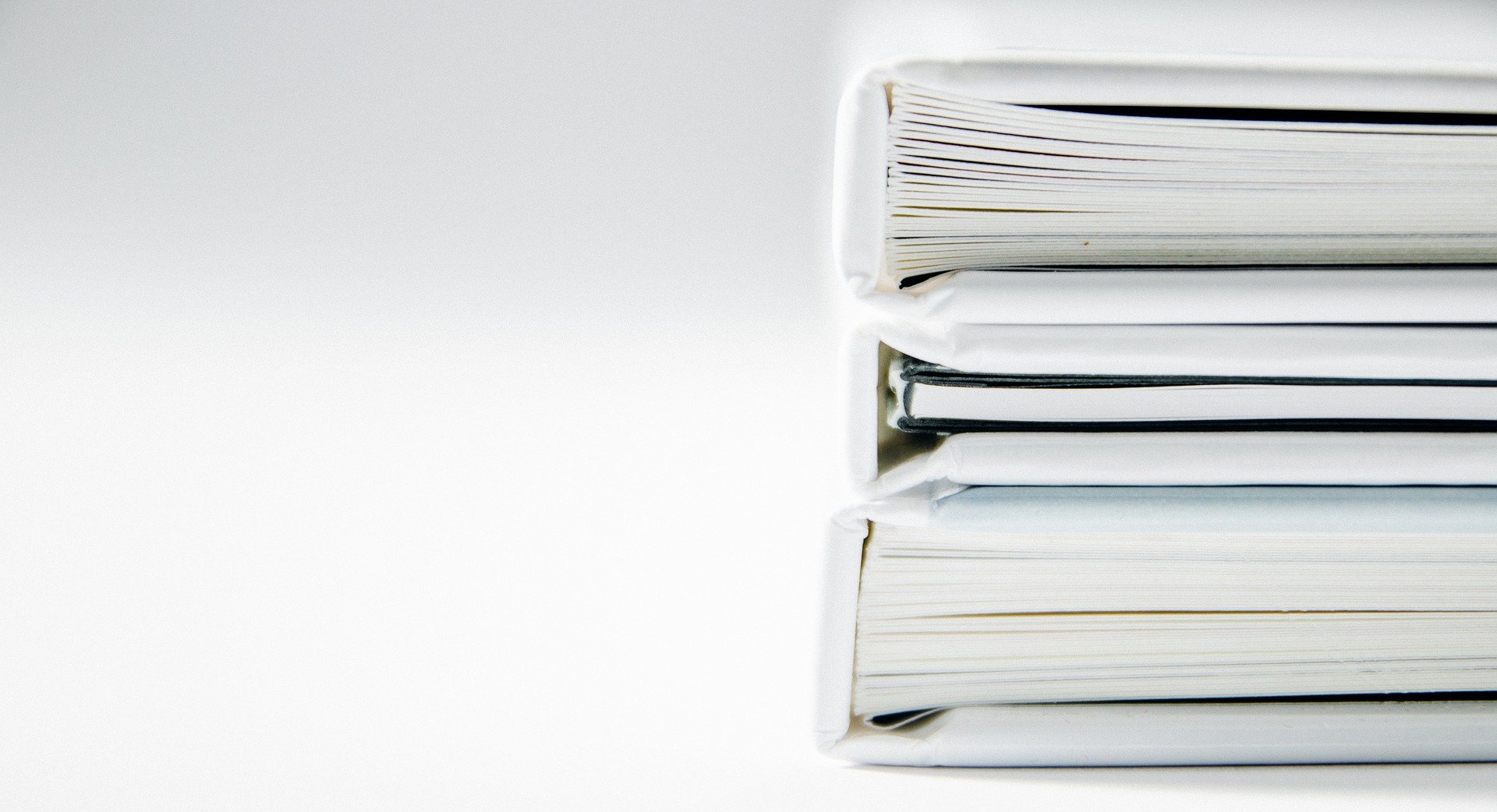Most of you are already aware of the microbeads issue and the gradual ban of this problematic ingredient in cosmetic products at global level. BIORIUS recommends that you progressively phase out these materials (in particular the non-biodegradable microbeads) of all existing cosmetic formulae.
Microbeads are plastic microspheres that are widely used in cosmetics as exfoliating agents and personal care products such as toothpaste. Microbeads pose an environmental hazard when disposed of in waste water. Because they pass through sewage treatment plants without being filtered out, their disposal has resulted in plastic particle water pollution.
Several states of America have already banned the manufacture and sale of products containing microbeads and initiatives are still ongoing at the federal level.
| State/Territory | Date Enacted | Effective date (manufacture of personal care products) | Effective date (sale of OTC drugs) |
| California | October 8, 2015 | January 1, 2018 | January 1, 2020 |
| Colorado | March 26, 2015 | January 1, 2018 | January 1, 2020 |
| Connecticut | June 30, 2015 | January 1, 2018 | January 1, 2020 |
| Illinois | 8 June 2014 | January 1, 2018 | January 1, 2020 |
| Indiana | April 15, 2015 | January 1, 2018 | January 1, 2020 |
| Maine | March 2015 | January 1, 2018 | January 1, 2020 |
| Maryland | May 12, 2015 | January 1, 2018 | January 1, 2020 |
| New Jersey | March 2015 | January 1, 2018 | January 1, 2020 |
| Wisconsin | July 1, 2015 | January 1, 2018 | January 1, 2020 |
Likewise, Europe is concerned about the use of microbeads and multiplied the initiatives to regulate them more strictly. The Netherlands, Austria, Belgium and Sweden have issued a joint call to ban the use of microplastics in cosmetics to protect its marine life from contamination. According to this jointstatement, the elimination of microplastics, particularly in cosmetics, “is of utmost priority” for the EU members. The four countries supporting a ban have stated that, while there is still some scientific uncertainty about the sources of contamination, “what we already know is sufficient to take action”. These voluntary industry commitments further justify an EU-wide ban, the Dutch argue, saying the EU needs to restore a level-playing field for industry and strengthen the Union’s role as a frontrunner for innovative products. The Netherlands is the first country to announce its intent to be free of microbeads in cosmetics by the end of 2016.
This project to ban the use of microbeads in cosmetics is backed by the big players of the Industry (Unilever, L’Oréal, Colgate-Palmolive, Henkel, and Johnson & Johnson) and by the main European trade associations. This week, Cosmetics Europe made the following statement:
In view of the public concerns expressed over plastic debris in the marine environment, and given the availability of alternative materials, Cosmetics Europe recommends its membership to discontinue, in wash-off cosmetic products placed on the market as of 2020: The use of synthetic, solid plastic particles used for exfoliating and cleansing that are non-biodegradable in the marine environment.
Although the use of microbeads is still allowed in Europe at this moment in time, BIORIUS considered all these elements and conclude that these materials (and in particular the nonbiodegradable microbeads) should be phased out of all cosmetic formulae without delay.


